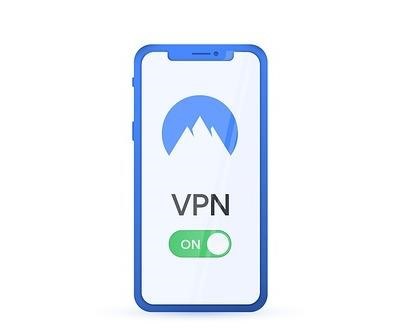
While Virtual Private Networks (VPNs) offer enhanced internet privacy and IP address masking, their utilization for online banking security and secure online payments presents a complex risk landscape. This article examines the potential VPN security risks associated with financial transactions, emphasizing the need for a balanced approach to digital security.
VPN Vulnerabilities and Transaction Security Risks
Despite the benefits of encrypted transactions offered by VPNs, several vulnerabilities can compromise online banking security and secure payment gateways. VPN leaks, for instance, can expose a user’s true IP address, undermining the anonymity sought. Furthermore, some VPN providers themselves may be susceptible to data breaches, exposing user data including transaction details. This compromises the integrity of anonymous transactions and increases the risk of financial fraud and identity theft.
Malware and Phishing Scams
The use of a VPN does not eliminate the threat of malware or phishing scams. Malicious actors can still deploy sophisticated techniques to bypass VPN security, leading to the compromise of sensitive financial information. Therefore, maintaining robust cybersecurity practices, including up-to-date antivirus software and vigilance against phishing attempts, remains crucial for online safety, even when using a VPN for online transactions.
Balancing the Risks and Benefits of VPNs for Financial Security
The decision to use a VPN for online banking security and secure online payments necessitates a careful weighing of VPN risks and benefits. While VPNs offer increased internet privacy risks mitigation and IP address masking, thereby enhancing anonymity, they also introduce vulnerabilities that can be exploited by malicious actors. The potential for VPN leaks, data breaches from the VPN provider, and the continued threat of malware and phishing scams necessitate a cautious approach.
Mitigating Risks
- Choose reputable VPN providers: Thoroughly research providers with a strong track record of security and privacy.
- Utilize strong passwords and multi-factor authentication: These measures significantly enhance the security of online accounts.
- Regularly update software and antivirus: Keeping systems up-to-date minimizes vulnerabilities.
- Be vigilant against phishing attempts: Exercise caution when clicking links or providing personal information online.
Using VPNs for financial transactions introduces a unique set of challenges to online safety and financial security. While VPNs can offer a layer of protection, they are not a panacea against internet privacy risks, data breaches, phishing scams, malware, identity theft, and financial fraud. A comprehensive approach to digital security, incorporating robust cybersecurity practices and careful selection of VPN providers, is essential to minimize the risks associated with VPN transaction security.